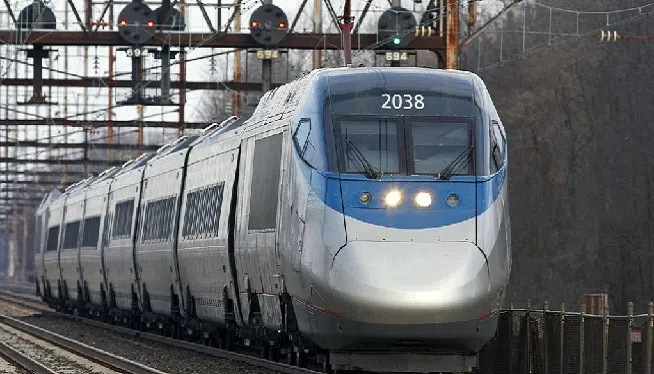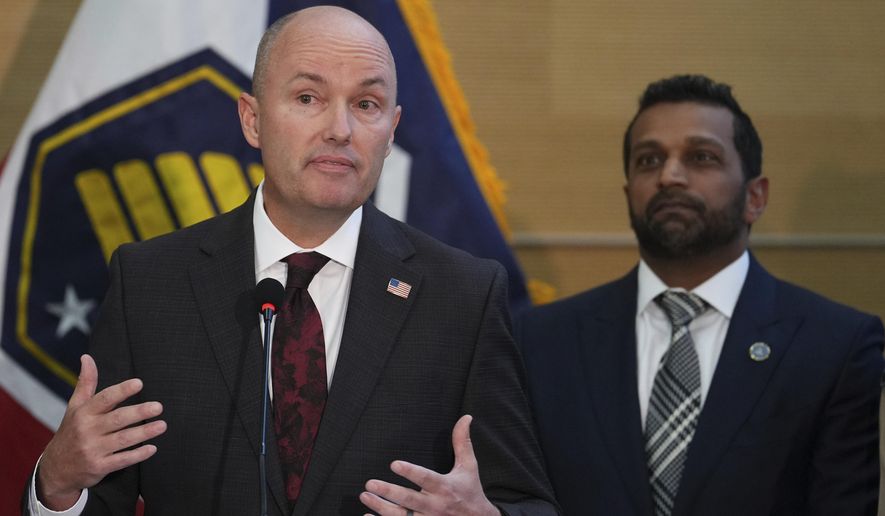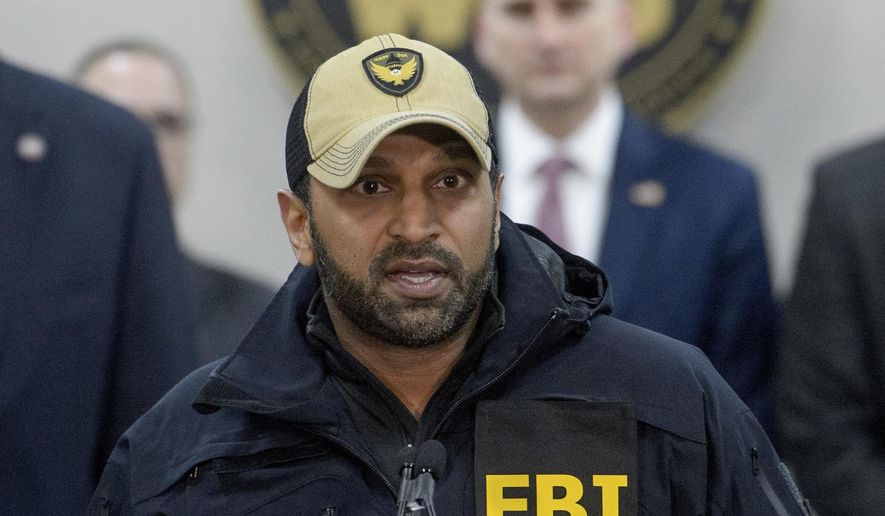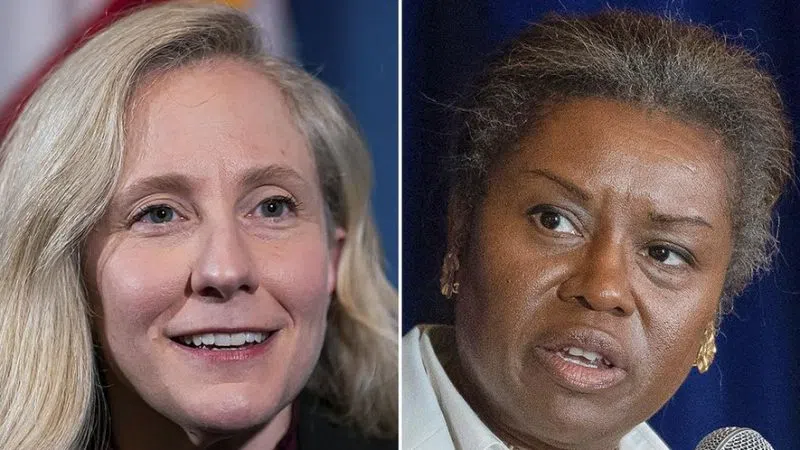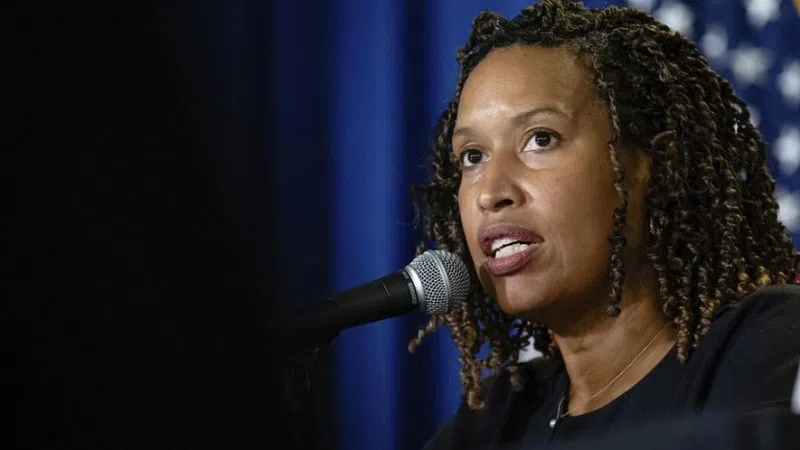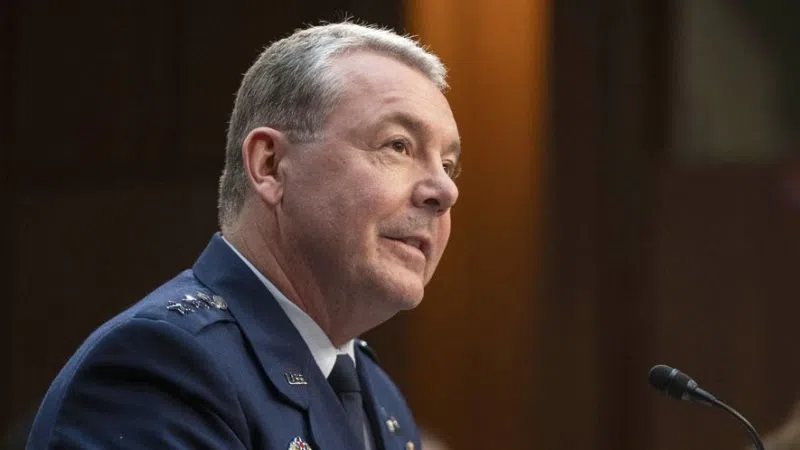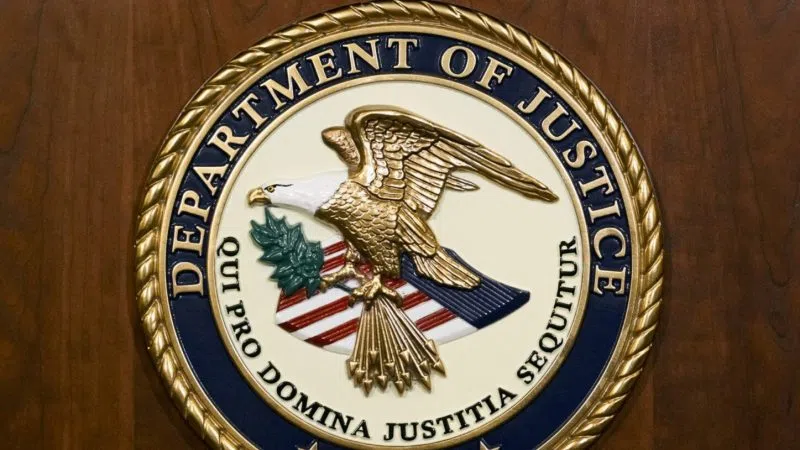BALTIMORE — (CNN) With New York in the rearview mirror, the focus of both the Democratic and Republican presidential battles turns to a series of Northeastern states unaccustomed to the primary spotlight.
Voters in Connecticut, Delaware, Maryland, Pennsylvania and Rhode Island will head to the polls Tuesday for the “Acela primary,” teeing up fights for one of the biggest batches of delegates up for grabs on both sides. The opportunity provides front-runners Donald Trump and Hillary Clinton a chance to extend their dominance, while their challengers hope to keep them mired in a grueling nominating fight.
‘Acela primary’
Both Clinton and Trump looked strong heading into Pennsylvania’s contest, according to the latest NBC/Wall Street Journal/Marist poll. Trump leads the Republican field among likely Republican voters with 45% support compared to Ted Cruz’s 27% and John Kasich’s 24%. And Clinton is beating Bernie Sanders 55%-40% among likely Democratic voters.
That’s clearly good news for Clinton, who is struggling to dispatch with Sanders before the July Democratic convention in Philadelphia.
But it might not make of a difference for Trump, because of how Pennsylvania Republicans select their delegates. Voters directly elect the delegates there, on the ballot, and the name on each ballot is unattached to a candidate.
The highly volatile selection process led the campaigns to saturate the state last week.
There are 162 delegates running for 54 delegate slots there. Kasich spent time meeting individually with possible delegates, attempting to lock in their support, while the Cruz campaign circulated slates of approved delegates to Pennsylvania voters.
Delegate wars continue
Cruz kept up his dominance of the intra-party delegate fight this weekend, by virtually sweeping delegate selection in Maine on Saturday. The moves are consequential only if Trump is unable to walk into the Cleveland with commitments from 1,237 Republican delegates in a few months. If that’s the case, many of the Cruz-picked delegates will be free to switch their support to the Texas senator in subsequent votes.
The Maine sweep stung more than in Utah (where Cruz had already won that state’s contest) and had Trump supporters complaining. A collapse of a “unity slate” of delegates that would have ensured supporters of Kasich, Cruz and Trump to share in the spoils from Maine’s convention prompted Maine Gov. Paul LePage — a Trump supporter — to claim a local Cruz campaign official “stabbed us in the back, reneged on the unity slate and betrayed the people of Maine.”
But one of the new Cruz delegates from Maine, Josh Dunlap, told CNN there was no deal.
“There’s been a lot of misinformation handed out that — in fact, there was no final agreement. We had a consistent Cruz slate that we’ve always been backing and continue to back, and so unfortunately there’s been some misinformation, but the Cruz slate has remained the same,” Dunlap said.
The delegate skirmishes, which have led Trump to point the finger at the Republican Party as much as Cruz, led Republican Party Chairman Reince Priebus to issue his sternest warning yet to both sides — the rules will not be “rigged” to favor any candidate, but 1,237 will remain the number of delegates needed to win the nomination.
“Close only counts in horseshoes and hand grenades,” Priebus told Republican leaders at their spring meeting in Florida Friday.
VP talk begins
As the end of the nomination process heads to the finish line, talk of who will join the respective tickets heats up. The campaigns have tried to downplay it, but names were began getting floated from both sides of the aisle this weekend.
South Carolina Lt. Gov. Andre Bauer, a Trump supporter, suggested Sunday that Oklahoma Gov. Mary Fallin would provide good balance and depth for Trump.
“I think he’s going to say, ‘Who can help me get the job done?’ and I think he needs some balance, and I like Mary Fallin for that reason,” Bauer said on CNN’s “State of the Union.”
Trump later tweeted, “.@AndreBauer Great job and advice on @CNN @jaketapper Thank you!”
Trump’s son, Donald Trump Jr., said earlier in the show that a vice presidential pick would not likely come until after the Republican convention in mid-July. But he offered some ideas of who his father would be looking for.
“I think there are a lot of viable candidates out there, and I think some of them could have been people that have run against us in this. I think my father’s been clear that he wants someone that has navigated the D.C. waterways a little more than he has to be in there,” Trump told CNN’s Jake Tapper.
A New York Times story, meanwhile, had Washington buzzing about who Clinton would choose to balance her ticket if she gets the nomination. The Times reported that the Clinton campaign was sifting through a list of 15-20 possible running mates including Virginia Sen. Tim Kaine, former Massachusetts Gov. Deval Patrick, Labor Secretary Tom Perez and Ohio Sen. Sherrod Brown.
Clinton supporters, however, downplayed the story. Jennifer Palmieri, Clinton’s communication director, tweeted: “Keep this rule of campaigns in mind: anyone who is talking doesn’t know & anyone who knows isn’t talking.”
Sanders’ path forward
Sanders reflected on both the path he’s traveled so far as well as the way forward to the Democratic nomination on Sunday.
He told CNN’s Jake Tapper on “State of the Union” that his remaining path to win the nomination is not easy, and failed to explain the logic behind his analysis that he was losing to Hillary Clinton because “poor people don’t vote.”
“I’m not going to tell you that it’s easy, but I think we do,” Sanders told Tapper of his chances. “What polls seem to be showing is that many of the states yet to come, including California, our largest state we have a real shot to win.”
And under tough questioning from Tapper, Sanders pivoted away his remark on NBC’s “Meet the Press” that he was trailing Clinton for the nomination because “poor people don’t vote.”
“I mean, that’s just a fact. That’s a sad reality of American society. And that’s what we have to transform,” he had said. But when Tapper noted that exit polls show Clinton wins 55% of voters making less than $50,000 to Sanders’ 44%, Sanders dropped that argument.
“One of the reasons I am running for president of the United States is to try to revitalize American democracy. It is not a secret that we have one of the lowest voting turnout rates of any major country on Earth,” Sanders told Tapper. “And it is also true that in the last general election we had in 2014, 63% of the American people didn’t vote. And the numbers were worse for low-income people and the numbers were worse for young people.”
The-CNN-Wire ™ & © 2016 Cable News Network, Inc., a Time Warner Company. All rights reserved. (PHOTO: Amtrak)
